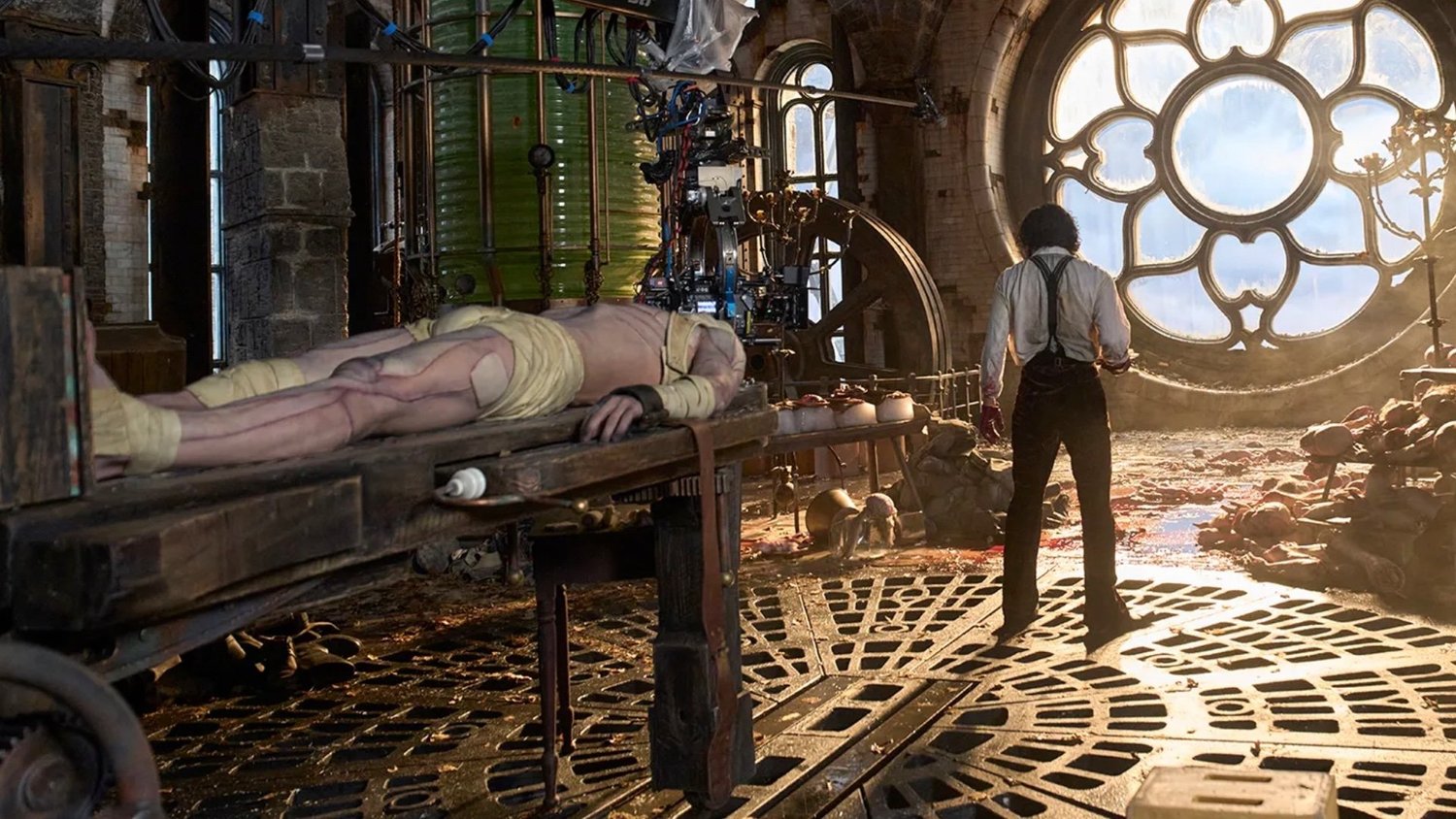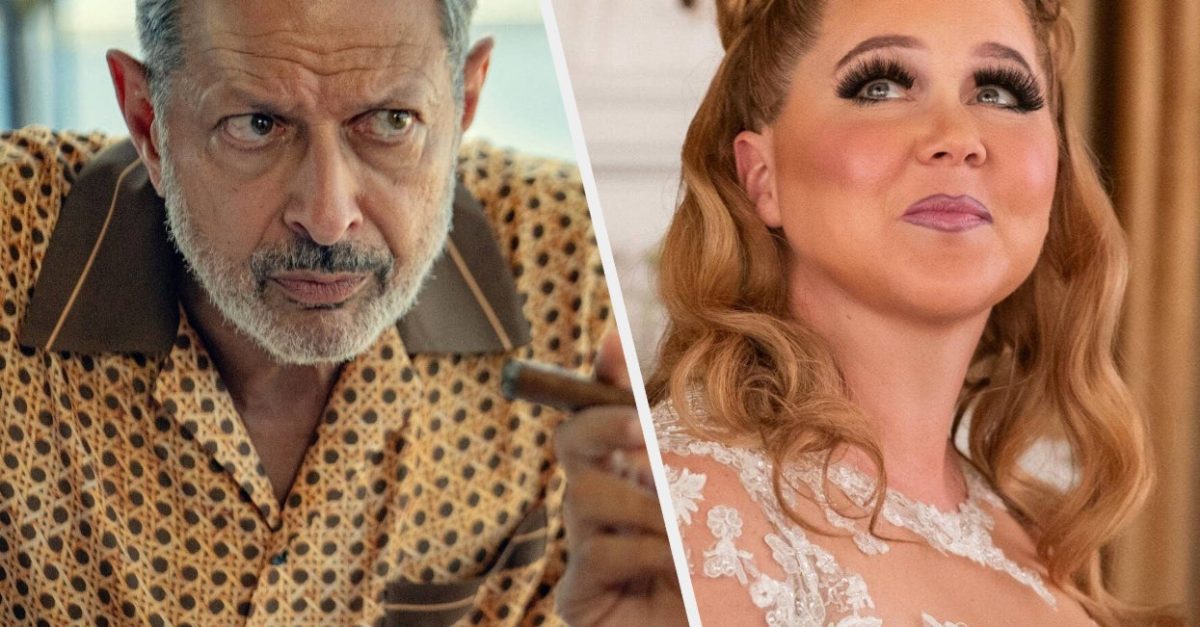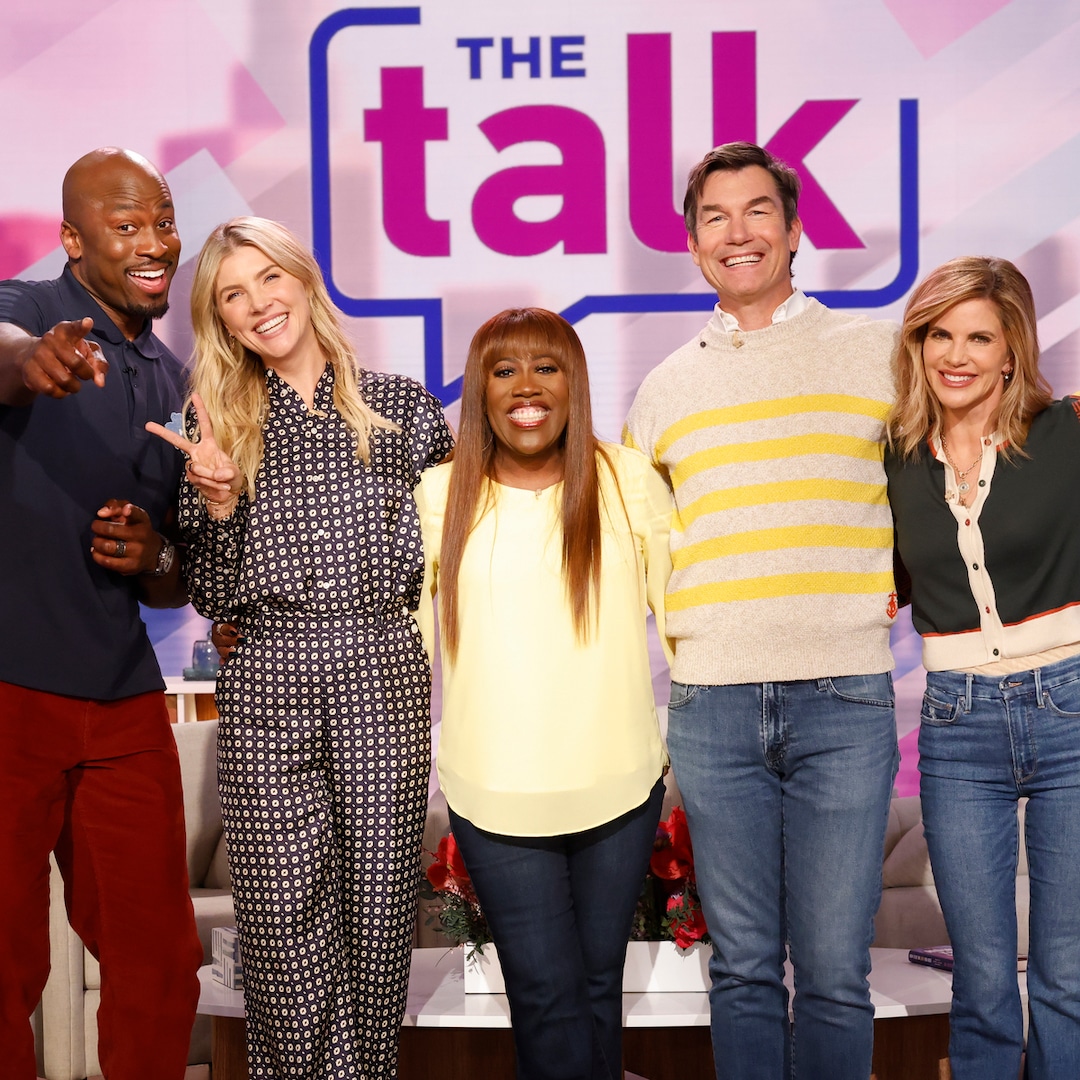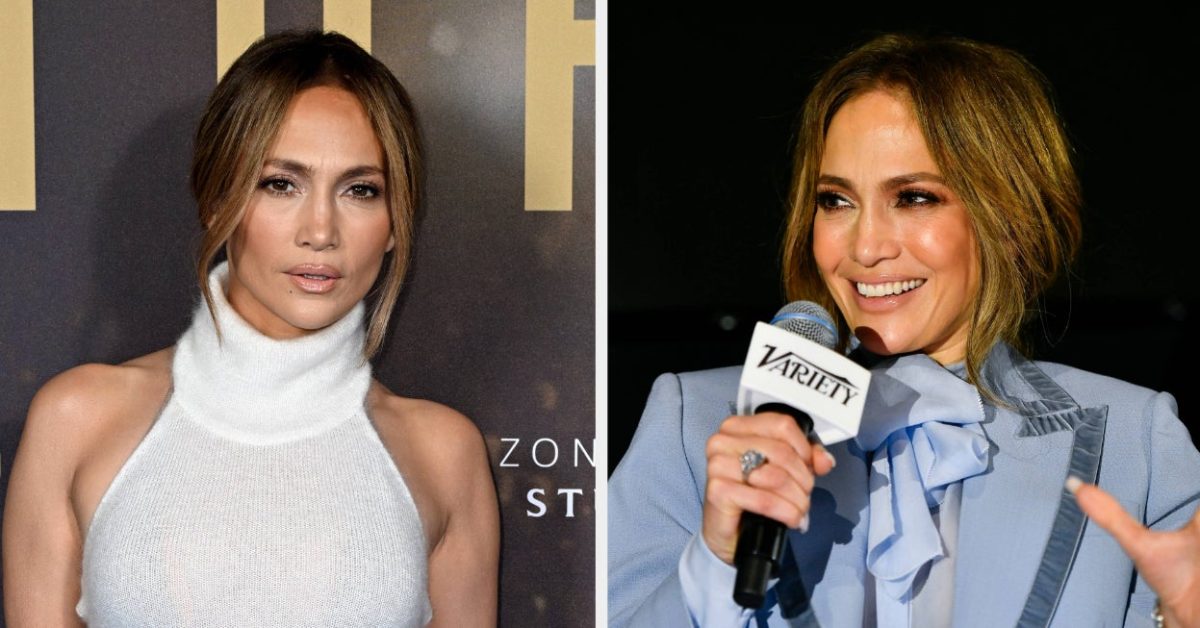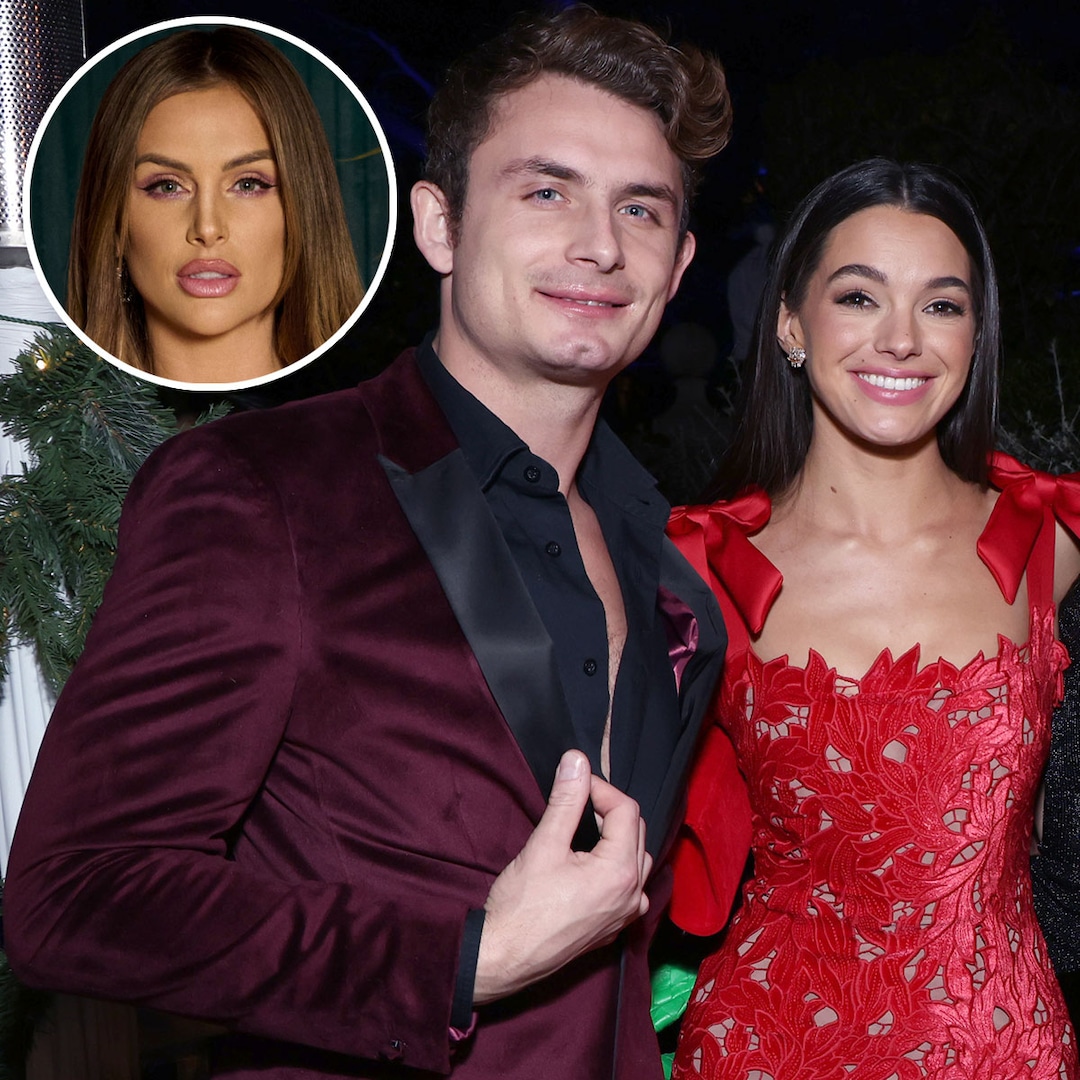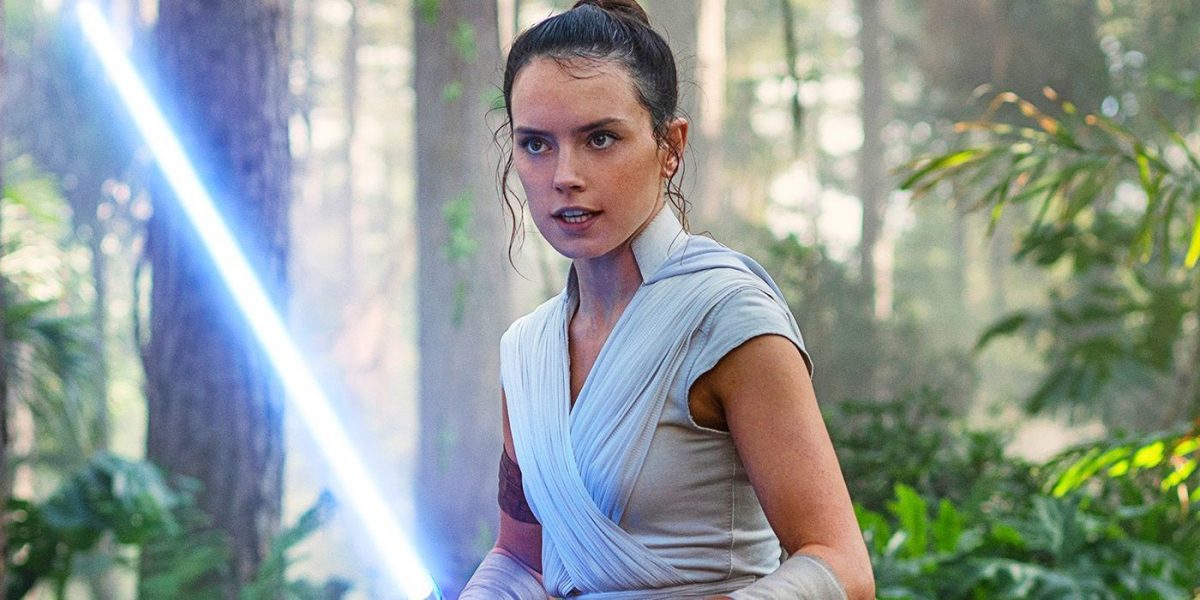
When Did the Idea of a Mary Sue Become Sexist?
Mar 3, 2023
If there’s a powerful female character making waves in a Hollywood blockbuster, the term “Mary Sue” always creeps along behind. Perhaps more accurately, Mary Sue is the insult equivalent of a volcanic eruption. What was once coined in an entirely different setting with an entirely different observational point, applying the term to a woman character now is a vehement accusation of “this character bad.” And not merely “this character bad,” but “this character taints the entire franchise.” Misogyny surrounding fictional femmes isn’t a rare or new occurrence, unfortunately, but scroll the comments on any analytical piece, Instagram post, or TikTok video (if you dare the comments section), and Mary Sue is the preferred buzzword disguised as a legitimate critique.
COLLIDER VIDEO OF THE DAY
There’s a History Behind the Term ‘Mary Sue’
Image via Paramount+
So, what is a Mary Sue? Where did the name and its subsequent use in media criticism come from? (But really: how did it blow up enough to be defined in the Oxford English Dictionary)? Within certain pop culture circles, Mary Sue is a shorthand to convey that a woman is (by whomever’s measure) too powerful or too perfect. Its origins date back to a 1970s Star Trek: The Original Series fanzine, and what caused the concept’s inception doesn’t align with its current verbiage. Saying “Mary Sue” also doesn’t facilitate true discussion about how women are written in popular mass media, but let’s put a pin in that.
The idea was coined by fanfiction writers and Star Trek zine organizers Paula Smith and Sharon Ferraro after seeing a trend in the fanfiction submissions they received for their zine. Many shared the same basic premise: a young woman (always an original character created by the author) arrives at the Enterprise and the cast adores her instantly and fervently. This girl can do no wrong, and either never faces obstacles, or rises above them effortlessly. She’s likely in possession of a dramatic backstory to boot, but not in a way that informs her personality or choices. In short, this creation isn’t a dynamic character with peaks and valleys. A Mary Sue is flawless, a pure bastion of grace and wit.
Image via Paramount
Terrifically amused, Smith and Ferraro wrote and published a parody fanfiction entitled A Trekkie’s Tale. Their heroine, named Mary Sue, follows the unspoken rules to a T: she’s inexplicably beloved by the cast, a naturally brilliant wunderkind at everything she attempts, infallible beyond human capability, and she’s memorialized after her death. There’s a distinct lack of legitimate flaws or character growth, and that’s the joke of it. Which is all it was: a harmless joke poking fun at the poor quality of these zine submissions. (For reference and further delight, the legendary Harry Potter fanfiction My Immortal is a Mary Sue played straight.)
Hence, the actual definition of a Mary Sue was pretty simple: they were objects of authorial wish fulfillment. They acted as a fantasy placeholder representing an idealized version of the author, or the characters’ traits were generic enough that the writers — and readers — could easily imagine themselves in her stead. May the cinema gods always bless us with more Kristen Stewart, but Bella Swan from Twilight is a legitimate non-fanfiction example. Everyone loves her for seemingly nothing, her vampire transformation makes her immediately the best vampire to ever vamp because of reasons, and her limited personality allows for any shy, introverted girl to use Bella as their symbolic avatar.
RELATED: Best Action Franchises Led by Women
Young Women Write Mary Sues to Feel Powerful
Image via Lionsgate
Without irony or judgment, there’s a reason why most of those who author Mary Sues in earnest are young women. Needing external validation is par for the course at a developmentally fragile age; girls especially want to feel perfect and powerful in response to enforced cultural expectations. And, yes, we do embark on semi-embarrassing infatuations with our favorite male characters. If you’ve participated in online fandom for any significant amount of time, you probably either read or wrote your own Mary Sue. (I raise my hand as having committed both acts.) In her interview with the Smithsonian, Paula Smith even notices how Mary Sues “actually seem to be a stage in writing for many people. It’s a way of exercising who they are and what they can imagine themselves doing.”
Cue the early 2010s. Although women action heroines like Ellen Ripley (Sigourney Weaver), Sarah Connor (Linda Hamilton), and many a horror Final Girl (i.e., Jamie Lee Curtis’s Laurie Strode) shattered cinematic barriers decades earlier, it wasn’t until the early 2010s that female-led franchises — usually based on books written by women — picked up consistent, big-budget, worldwide steam. The Hunger Games, Twilight, and all the knock-offs of each remain the most successful examples. A narrative centering on a powerful young woman almost became normalized. Equality was still far off in terms of representation, but girls and young adults were witnessing complicated, capable, and heroic women leading epic stories, owning their epic abilities, overcoming their struggles, and embracing their destinies (or denying them) accordingly.
With ‘The Force Awakens’ and Marvel Heroines, “Mary Sue” Became a Gendered Insult
Image via Lucasfilm
The thing is: The Hunger Games and Twilight didn’t have several decades of fandom history behind them. Any complaints about Katniss Everdeen (Jennifer Lawrence) slipped by the wayside. Whether she was too annoying or too talented didn’t dominate the cultural discussion. Then, circa 2015, heroines emerged who were undeniably the focal point of a typically male-dominated franchise. What was once online terminology in nerd spaces suddenly transformed into an inescapable flamethrower “critique” whenever a female character stood on equal footing with iconic male heroes. Mary Sue is summarized in the years of ongoing debates over Daisy Ridley’s Rey Skywalker (and the answer is: she isn’t a Mary Sue), it’s Arya Stark (Maisie Williams) defeating the Night King after her denial of anything feminine was lauded for seven seasons; it’s Furiosa (Charlize Theron) for overpowering Mad Max (Tom Hardy); it’s Carol Danvers (Brie Larson) existing. It’s any female protagonist with power, charisma, and heroism equal to, or surpassing, male heroes like James Bond, Rambo (Sylvester Stallone), or Maverick (Tom Cruise). I adore Luke Skywalker (Mark Hamill) with all of my heart, but let’s admit that he ticks off almost every Mary Sue qualifier.
It’s jarring for certain subsections of male fandom to see experiences they can’t identify with through genders they can’t identify with. Furthermore, it’s always been culturally acceptable for the heroic roles of the chosen one to default to fictional men. They’re unquestionably the best of the best, the saviors of the world, perpetually skilled at everything necessary for their success and seducing every woman in their path. Few questioned (or still question) whether these depictions are realistic; if Luke and Bond are just too powerful, or if they worked hard enough to deserve said power.
For these fans, women aren’t allowed in such spaces or such narratives. They must be taken off their pedestals, and often viciously. Daisy Ridley left social media for years because of troll harassment. Saying “just ignore them” is easy in theory and tricky in practice — our personal social media consumption negatively affects our self-confidence. Imagine that haunting you daily because you headlined the fifth highest-grossing film of all time, a revival of one of the biggest film franchises of all time.
There are Deeper Discussions to Have than “Is This Character a Mary Sue?”
Image via Marvel Studios
Rather than engage in good faith discussion concerning how female characters are written in Hollywood — a matured version of the term’s original meaning — the Mary Sue allegations translate into a specific, rehashed stream of knee-jerk sexism. Sometimes it’s internalized and from bombastic internet figures; other times, it’s nefarious and backed by coordinated hate campaigns. Using “Mary Sue” is an attempt to hide their sexism under the guise of protecting their fandoms from bad writing, but not only are their arguments flawed, but their intent is also exclusionary.
Instead, let’s deconstruct why kicking a guy’s butt and tossing a flirty line over her shoulder without a hair out of place isn’t a true Strong Female Character. Or how Hope Van Dyne (Evangeline Lilly; not a Mary Sue) from Marvel’s Ant-Man films exemplifies stereotypes and doesn’t feel like a lived-in person. Or why the women of Black Panther: Wakanda Forever are revolutionary in every way. These kinds of conversations would move the needle of femme representation forward. Yet internet misogynists have removed any positive use of the Mary Sue term thanks to erroneous overuse. As it’s stood since the 2010s, “Mary Sue” is a sexist weapon.
If a Character is a Mary Sue, Does it Matter?
Women have always loved geeky things and participated in fandom as much as men, but that devotion wasn’t reflected onscreen. For certain generations, if we wanted to feel truly included in fictional adventures, we had no recourse except to create a character ourselves. Although our Mary Sue chagrins live forever on fanfiction.net or archiveofourown.com, I look at mine with fondness. After all, we told our stories, as simple and derivative and harmless as they were. In that same vein, even if Rey was a Mary Sue, it doesn’t matter. It’s past time for femmes to experience the same fantastical fictions men have enjoyed for as long as storytelling has existed, self-indulgent or not.
Publisher: Source link
TV Shows That Got Canceled In 2024
TV Shows That Got Canceled In 2024 Which 2024 canceled TV show will you miss the most? Share your pick in the comments! Disclaimer: This story is auto-aggregated by a computer program and has not been created or edited by…
Dec 22, 2024
How The Talk Emotionally Ended After 15 Years
The Talk has officially said "Goodbye." After 15 seasons and 2,993 episodes, the CBS daytime show came to an end on Dec. 20 with a heartfelt farewell from hosts Akbar Gbajabiamila, Amanda Kloots, Natalie Morales, Jerry O'Connell and Sheryl Underwood. The episode began with a standing ovation for the…
Dec 22, 2024
Jennifer Lopez Asked About Turning 60, Age
Jennifer Lopez Asked About Turning 60, Age Never ask a woman her age, a man his salary, or Jennifer Lopez how she feels about turning 60. On Sunday, the actor was interviewed by Variety amid the release of her new…
Dec 21, 2024
Lala Kent Shares Text With Ally Lewber After James Kennedy’s Arrest
The BCU (Bravo Cinematic Universe) was shaken on March 3, 2023, when it was confirmed that Tom and Ariana had ended their nine-year relationship amid the revelation that he'd had a seven-month affair with Raquel. "I made mistakes, I was…
Dec 21, 2024


